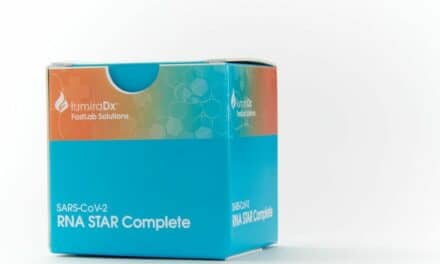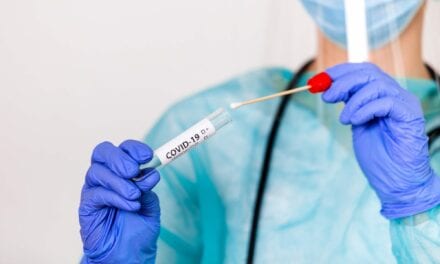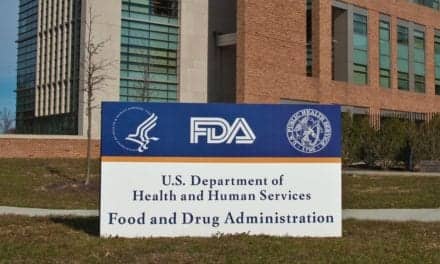Premier Medical Laboratory Services (PMLS), an advanced medical diagnostics laboratory, has identified the first BA.4 COVID variant cases reported in the state of Florida. Three cases of the variant were found at the lab in positive COVID samples collected from Miami-Dade County.
PMLS, which houses a large variant tracing platform, can conduct a process called Next Generation Sequencing (NGS) on up to 40,000 samples per week to identify novel variants. That capability allowed their findings of some of the first BA.2, or “Stealth Omicron,” variant cases in the states of Florida and South Carolina in February of 2022. The NGS data that PMLS has provided Florida and other states throughout the nation is instrumental in understanding COVID-19 transmission throughout each phase of the pandemic.
While there is another surge in COVID cases due to BA.4 and BA.5, health experts are not expecting an increase in the severity of infections or resulting deaths. But, Columbia University professor of microbiology and immunology, David Ho, MD, warns, “It’s a serious threat” due to its transmissibility.
He says, “Only a month ago, it was .02 percent,” meaning that BA.4 and BA.5 represented just .02% of COVID-19 cases in the nation, and now they already make up about 7 % of cases in the US.
One reason for the variants’ higher infection rate is that they are more able to evade vaccines and boosters for the virus than previous strains. Ho recently conducted a study on antibodies present in those who have been vaccinated and boosted, as well as the antibodies of those presenting a natural immune response to BA.4 and BA.5 variants. In this study, they found that that BA.4 and BA.5 viruses are more than four more times likely to penetrate the COVID-19 vaccines and boosters when compared with the highly transmissible BA.2 viruses.
BA.4 and BA.5 originated in South Africa. As of the end of May, BA.4 was identified in 30 countries and BA.5 was detected in 32 countries. Because laboratories like PMLS conduct Next Generation sequencing, scientists, researchers, state health departments, and entities like the Centers of Disease Control can better understand the virus so that vaccines and boosters can be adequately altered to remain effective against the virus.
The BA.4 and BA.5 cases found by PMLS are deidentified, meaning that the names of the patients from which the samples were collected cannot be provided. PMLS will continue to conduct surveillance to help gather vital data on this new omicron subvariant and others and will report any further findings to respective state health departments.





